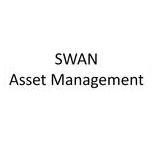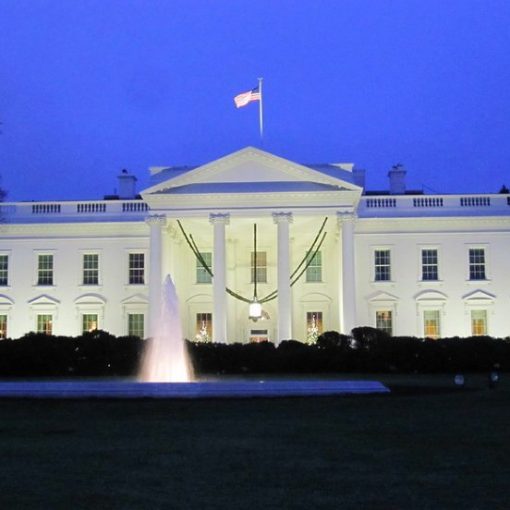 Steve Smith is founder of Cochranville, Pennsylvania based SWAN Asset Management, which runs three Covestor portfolios: Hedged Equity, International Hedged Equity and Christian Agape Hedged Equity.
Steve Smith is founder of Cochranville, Pennsylvania based SWAN Asset Management, which runs three Covestor portfolios: Hedged Equity, International Hedged Equity and Christian Agape Hedged Equity.
Back in early 2010, Professors Carmen Reinhart from the University of Maryland and Ken Rogoff of Harvard University published a paper entitled, “Growth in a Time of Debt.” In it, they noted that growth slows as government debt passes 90% of total economic output (GDP). Another academic, Peter Bernholz of the University of Basle, Switzerland, described the behavior of price levels in Monetary Regimes and Inflation. Looking at the history of inflation, he concluded that inflation accelerates as deficits exceed 40% of government expenditures.
Since then, there has been a slight improvement in our government’s deficit spending, but outstanding U.S. debt has increased considerably. Today, almost 35% of the federal budget is still funded by Treasury debt issuance. Much of the new debt is purchased indirectly by the Federal Reserve through Operation Twist.
Furthermore, publicly held U.S. debt is approximately 82% of GDP, according to the Bureau of Economic Statistics. As it was two years ago, U.S. economic growth is still slow and the recovery has yet to show signs of self-sustaining progress. At the same time, inflation remains persistent and most apparent in gasoline prices. The paradox of higher gas prices when demand is down and supply is up can only be answered by considering the Fed’s extraordinarily easy monetary policy to accommodate deficit spending.
In a market that trades on monetary intervention more than underlying fundamentals, well established companies with attractive yields remain the most prudent equity investments. These companies should be somewhat more resilient when we reach the point at which central banks are trapped by inflation and can no longer support markets with further liquidity injections. Appropriately hedged portfolios should preserve even more capital under these circumstances.



